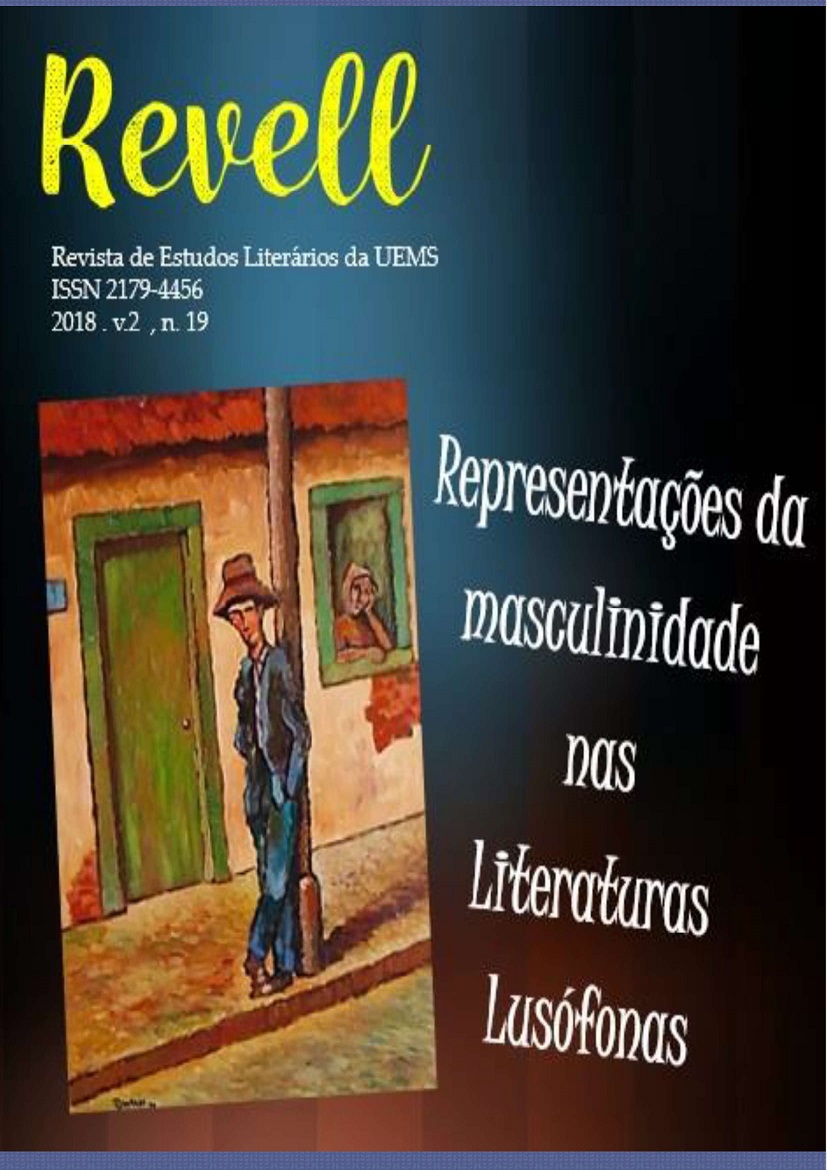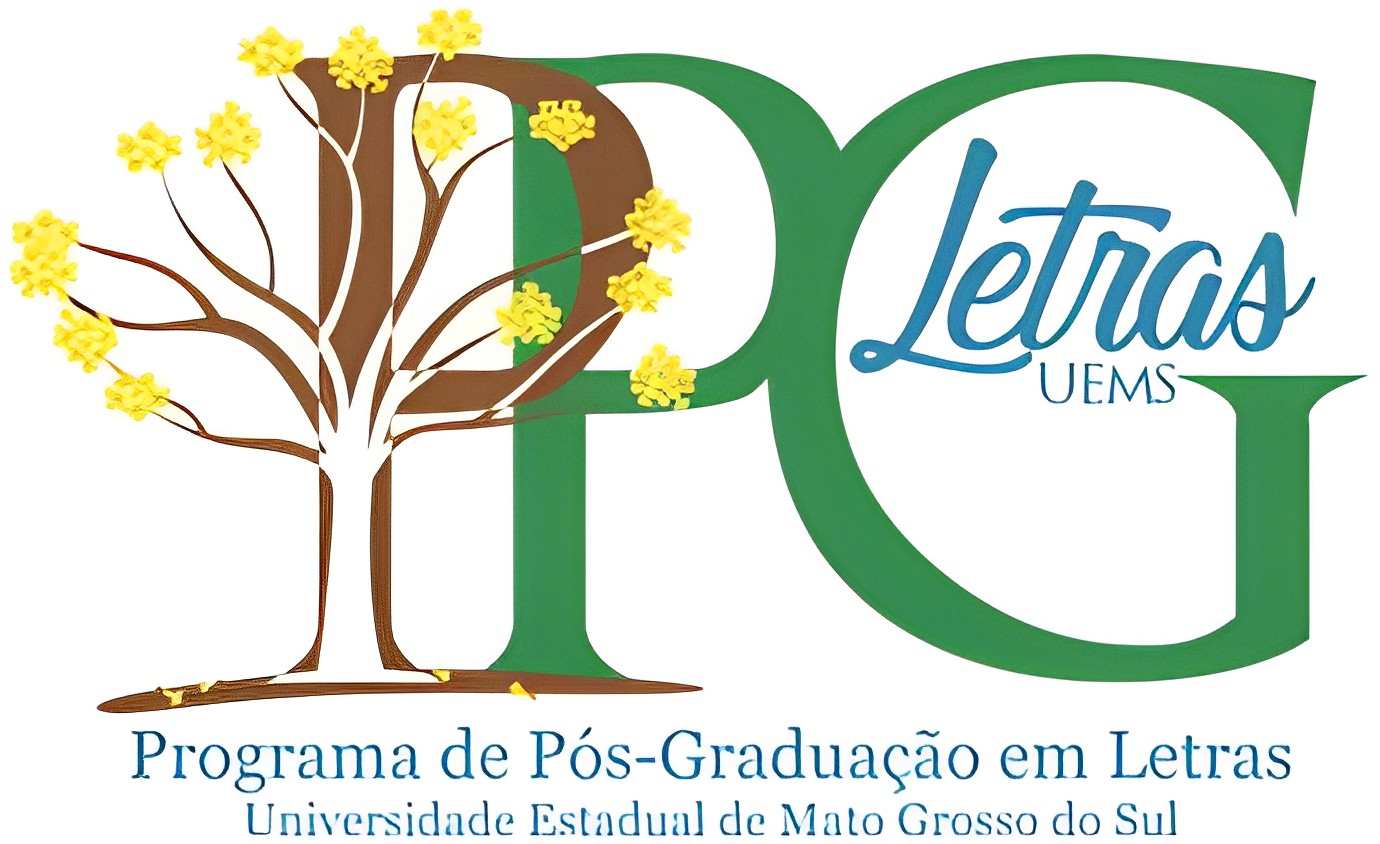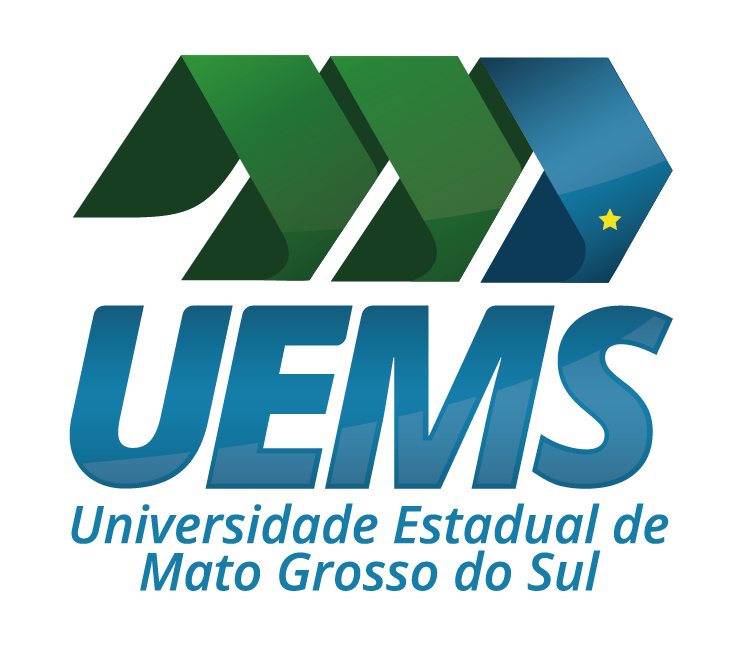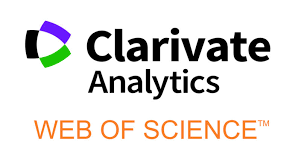Representativeness in contemporary British drama: a critical discourse analysis in Jonathan Harvey’s Beautiful Thing
Palabras clave:
Contemporary Drama, Critical Discourse Analysis, Social Identities, Representativeness.Resumen
This research aims to analyze the contemporary British drama from the Critical Discourse Analysis (CDA) in the play Beautiful Thing, trying to describe how the characters construct their identities along the text to establish the aspect of representativeness in the play. The methodology used was the theoretical discussion and the analysis with data from the play. It is divided into three sections; the first is a historical overview on 1990s British drama, presenting facts and changes. The second is a discussion on the theoretical background about CDA, conceptualized mainly by van Dijk (2001) and Fairclough (1992; 2003); and Identities with Castells (2010), Buckingham (2008), Hall (1997), and Verluys (2007). Afterwards, the play is analyzed from these concepts, where the linguistic instruments in the characters’ discourses, responsible for the construction of their identities, are searched in the play and exemplified with fragments.Citas
ARAGAY, Mireia et al. (Org.). British Theatre of the 1990s: Interviews with Directors, Playwrights, Critics and Academics. London: Springer, 2007.
BIRD. In: Cambridge Advanced Learner's Dictionary & Thesaurus. Available: http://dictionary.cambridge.org/pt/dicionario/ingles/bird Accessed in: 27/07/2017.
BUCKINGHAM, David. Introducing Identity. In: ________ (Org.). Youth, Identity, and Digital Media. Cambridge: The MIT Press, 2008.
CASTELLS, Manuel. The power of identity: The information age: Economy, society, and culture. v. 2. United Kingdom: John Wiley & Sons, 2010.
CHRISTOPHER, David P. British culture: an introduction. London: Routledge, 1999.
CONTEMPORARY British Drama – Introduction. Critical Edition of Dramatic Literature. Ed. Carl Rollyson. eNotes.com, Inc. 2003 eNotes.com 5 May, 2017 Available: http://www.enotes.com/topics/contemporary-british-drama-5#in-depth-introduction
Accessed in: 05/05/2017.
FAIRCLOUGH, Norman. Discourse and social change. Cambridge: Polity, 1992.
________. Analysing discourse: Textual analysis for social research. New York: Routledge, 2003.
GARCÍA, María José Díez; SANTOS, Antonio López. Nuevas perspectivas y nuevos escenarios del teatro británico contemporáneo. Alfinge: Revista de filología, n. 22, p. 93-117, 2010.
GAY. In: Cambridge Advanced Learner's Dictionary & Thesaurus. Available: http://dictionary.cambridge.org/pt/dicionario/ingles/gay Accessed in: 27/07/2017.
GEE, James Paul. An introduction to discourse analysis: Theory and method. London: Routledge, 1999.
HALL, Joan Kelly. Teaching and researching: language and culture. New York: Routledge, 2013.
HALL, Stuart (Org.). Representation: cultural representations and signifying practices. London: Sage, 1997.
HARVEY, Jonathan. Beautiful thing. New York: Dramatists Play Service Inc, 1999.
KEHILY, Mary Jane. What is identity?: A sociological perspective. London: School of economies, 2009.
QUEER. In: Cambridge Advanced Learner's Dictionary & Thesaurus. Available: http://dictionary.cambridge.org/pt/dicionario/ingles/queer Accessed in: 27/07/2017.
VERSLUYS, Eline. The notion of identity in discourse analysis: some 'discourse analytical' remarks. Rask: Internationalt Tidsskrift for Sprog Og Kommunikation, v. 26, p. 89-99, 2007.
SLAG. In: Cambridge Advanced Learner's Dictionary & Thesaurus. Available: http://dictionary.cambridge.org/pt/dicionario/ingles/slag Accessed in: 27/07/2017.
SIERZ, Aleks. In-Yer-Face theatre: British Drama Today. London: Faber and Faber, 2001.
________. To Recommend a Cure: Beyond Social Realism and In-Yer-Face Theatre. In: MIDDEKE, Martin (Org.). Extending the Code: New Forms of Dramatic and Theatrical Expression. p. 45-62, 2003.
VAN DIJK, Teun A. Critical Discourse Analysis. In: SCHIFFRIN, Deborah; TANNEN, Deborah; HAMILTON, Heidi E. (Org.). The Handbook of Discourse Analysis. Oxford: Blackwell Publishers, 2001.
WEIRD. In: Cambridge Advanced Learner's Dictionary & Thesaurus. Available: http://dictionary.cambridge.org/pt/dicionario/ingles/weird Accessed in: 27/07/2017.
WODAK, Ruth (Org.). Critical Discourse Analysis: concepts, history, theory. v. 1. London: Sage, 2013.
WODAK, Ruth; MEYER, Michael (Org.). Methods for critical discourse analysis. London: Sage, 2001.
WOLFRAM, Walt. SCHILLING-ESTES, Natalie. Gender and language variation.
In: _______. American English: dialects and variation. Oxford: Backwell, 1998.
Descargas
Publicado
Cómo citar
Número
Sección
Licencia
DECLARAÇÃO DE ORIGINALIDADE E EXCLUSIVIDADE E CESSÃO DE DIREITOS AUTORAIS
Declaro que o presente artigo é original e não foi submetido à publicação em qualquer outro periódico nacional ou internacional, quer seja em parte ou na íntegra. Declaro, ainda, que após publicado pela REVELL, ele jamais será submetido a outro periódico. Também tenho ciência que a submissão dos originais à REVELL - Revista de Estudos Literários da UEMS implica transferência dos direitos autorais da publicação digital. A não observância desse compromisso submeterá o infrator a sanções e penas previstas na Lei de Proteção de Direitos Autorais (nº 9610, de 19/02/98).
















